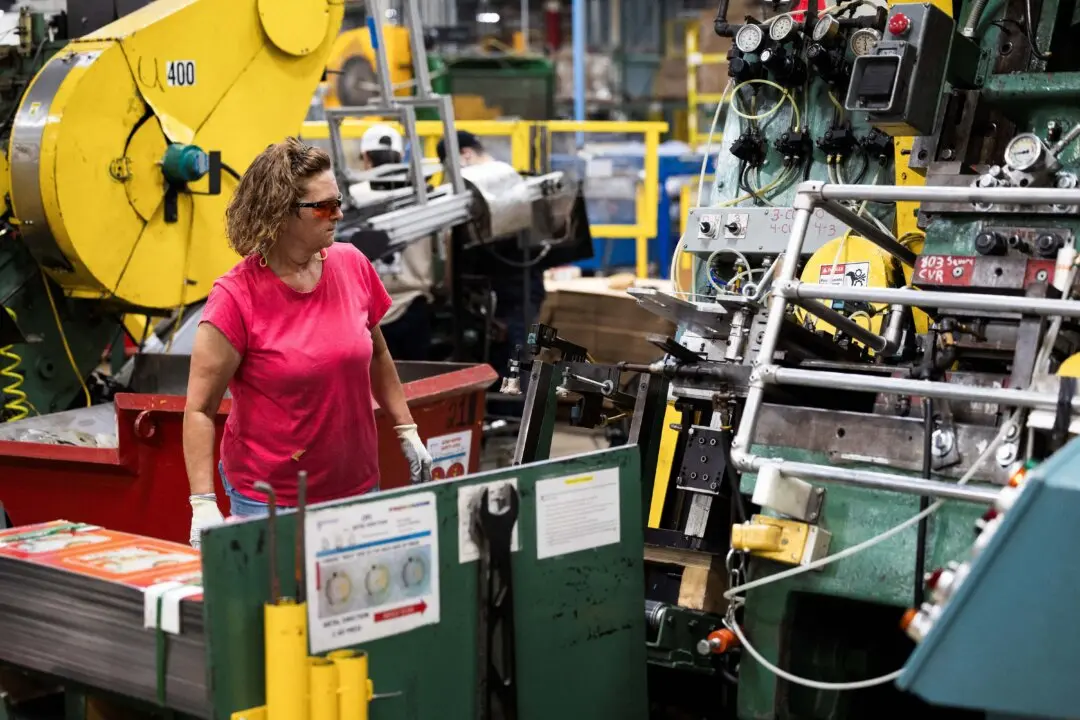While American big business had traditionally served as a free-market-loving shield against the long, leftist march for control of the institutions of Western civilization, that’s changing as businesses are on track to becoming a more powerful economic version of the “woke” college campus, author Stephen Soukup told The Epoch Times’ “Crossroads” program.
Soukup, author of the book “The Dictatorship of Woke Capital: How Political Correctness Captured Big Business,” said that what today manifests in moves such as Facebook and Twitter banning former President Donald Trump from their platforms or Disney ousting actress Gina Carano, star of the show The Mandalorian, is part of a century-long process that kicked into high gear several decades ago.





